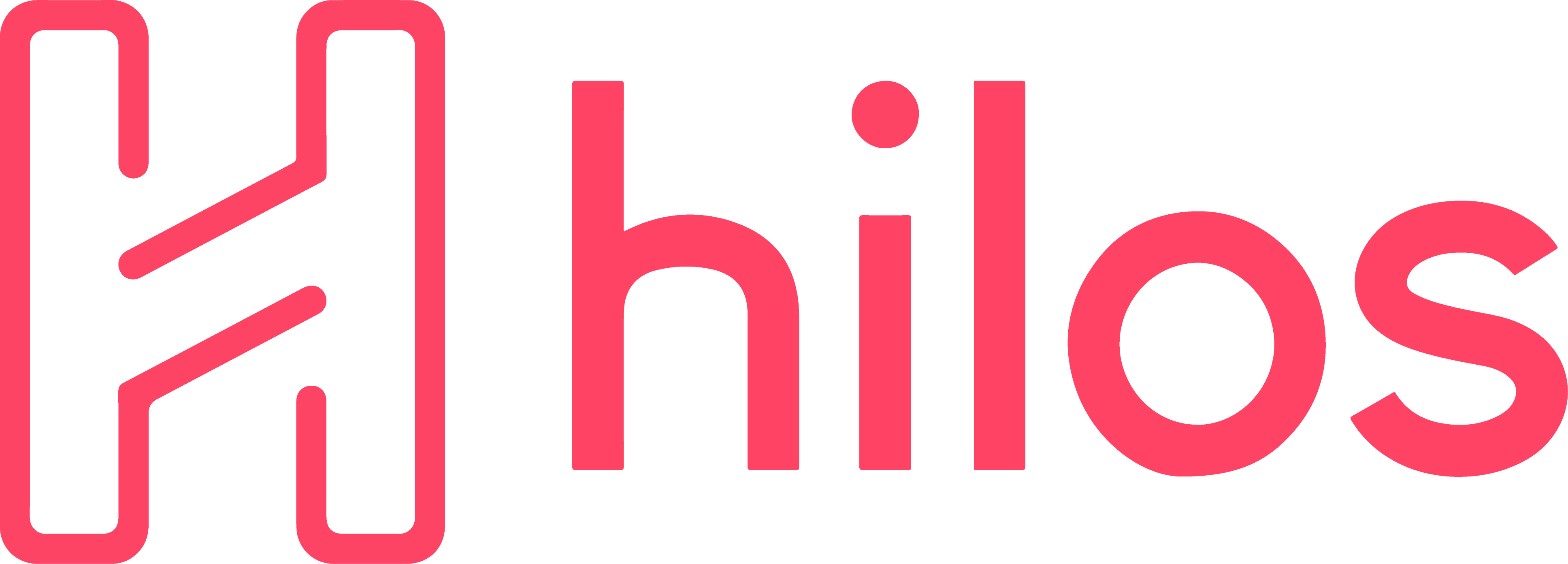Contact variables
Contact variables come, as their name implies, from a contact’s information. By default each contact comes with 5 variables:- First name
- Last name
- Phone number
- URL
contact. and then the name of the variable. For example, if you want to use the contact’s first name you would use {{contact.first_name}}.
Flow variables
Flow variables are variables that are created and used inside of a flow. They are created by using a question step, menu step, template with buttons, action step. This variables are accessible during the flow execution and, unless you save them as contact attributes or send them to a webhook, they will be lost once the flow finishes. A flow variable is always preceded by astep. and then the name of the step which got the variable. For example, if you want to use the flow’s variable ask_name from a question step called ask_name you would use {{step.ask_name}}.
Global variables
Global variables are variables that are set by the server, they are set according to your account’s settings and include your current day, time, weekday, etc. A global variable is always preceded by aglobal. and then the name of the variable. For example, if you want to use the global variable Weekday you would use {{global.Weekday}}.
Execution variables
Execution variables are set when making an execution through an API call. They are passed to the flow as a JSON object and can be used inside of the flow. An execution variable is always preceded by aflow_execution_variables. and then the name of the variable. For example, if you want to use the execution variable name you would use {{flow_execution_variables.user_id}}.
Learn more about execution variables on our advanced guide.

